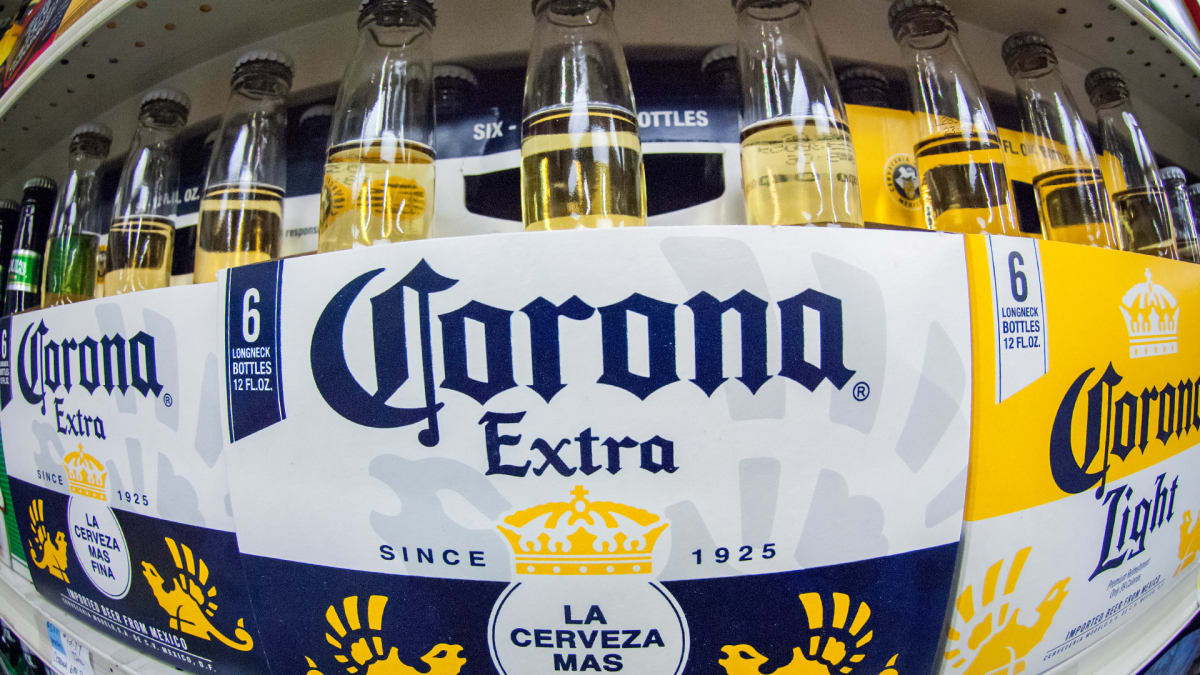
Consumer defensive stocks have performed well over the past 15 months, despite the overall equity market’s struggles.
Morningstar’s US Consumer Defensive Index as of March 20 eased 0.8% for the trailing 12 months, while the broader Morningstar US Market Index slid 9.5%.
DON’T MISS: Six Strong Stocks Amid Banking Crisis: Morningstar
But some bargains still remain among consumer defensives, according to Morningstar. Defensive stocks generally provide consistent earnings and dividends in all market conditions.
Morningstar screened its Consumer Defensive Index for stocks that carry wide moats and are undervalued compared to the firm’s fair value estimates. A wide moat means a company has competitive advantages that can last at least 20 years.
“Historically, undervalued stocks with economic moats … tend to protect against downturns and be less risky than lower-quality stocks,” Morningstar said.
These are the five most undervalued stocks with wide moats. The most undervalued, as of March 20, appears first.
Constellation Brands (STZ), an alcoholic beverage maker, including Corona beer. Morningstar fair value estimate: $274. March 24 close: $218
Kellogg (K), the cereal giant. Morningstar fair value estimate: $82. March 24 close: $65.45.
Brown-Forman (BF.B), a liquor maker, including Jack Daniel’s. Morningstar fair value estimate: $67. March 24 close: $63.
Estee Lauder Companies (EL), the beauty company. Morningstar fair value estimate: $273. March 24 close: $241.70.
Altria Group (MO), the tobacco company. Morningstar fair value estimate: $52. March 24 close: $44.
Morningstar Analyses
Constellation: It benefits from “the brand prowess and tight distributor relations afforded by its top-selling Mexican beer portfolio and cost advantages in procurement and advertising,” wrote Morningstar analyst Dan Su.
“The brewer has defied secular beer volume stagnation in the U.S., posting high-single-digit expansion annually in the past decade. That’s driven by a sharp focus on the attractive premium import beer segment and by smart ad campaigns that have broadened and reinforced the brand appeal of Corona and Modelo.”
Kellogg: “We view Kellogg’s fourth-quarter results as evidence of the enhancements being cultivated by its multi-year agenda to pare back its exposure to non-core brands and categories while investing in brands and capabilities,” wrote Morningstar analyst Erin Lash.
“Organic sales shot up an impressive 16%, buoyed by higher prices and increased volumes,” she said.
“Further, Kellogg unlocked gains in adjusted gross and operating margins, … even as it weathered pronounced cost inflation. And it continued to funnel resources prudently to support its brand mix.”
Estee Lauder: Morningstar analyst David Swartz lauded the company for “its valuable portfolio of global leading brands, its preferred status with its channel partners in department stores, specialty beauty outlets, travel retail locations, and a scale-based cost advantage.”
While the pandemic presents challenges, “we remain optimistic about Estee’s competitive position and long-term strategy,” he said. “Estee has made significant investments in omnichannel, marketing, and innovations that are helping the firm recover briskly from the pandemic and the subsequent inflation and supply chain disruptions.”







